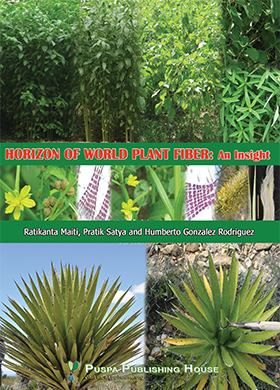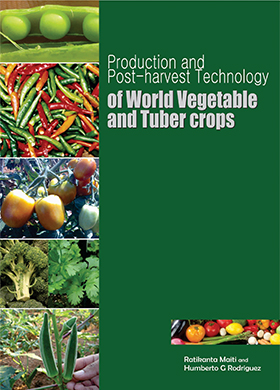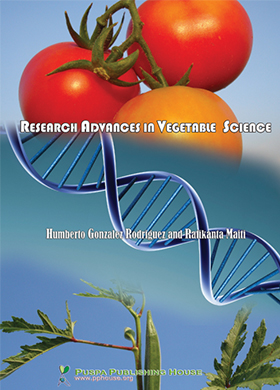Cite
An P, Kumar a. Role of Biotechnology in Biotic Stress Management in Crops IJEP [Internet]. 28May.2016[cited 8Feb.2022];3(1):054-056. Available from: http://www.pphouse.org/ijep-article-details.php?art=64
People also read
Full Research
A Study on the Influence of Hindu Mythological Characters on Management Practices
Piyush Mehta, Ashok K. Thakur, Ishaan Chauhan and Nikhil UpretyHindu mythology, management style, decision making process, managerial perception
Published Online : 28 Aug 2018
Review Article
Role of Biotechnology in Biotic Stress Management in Crops
P. Ananda KumarBiotechnology, Biotic stress management, transgenic crop
Published Online : 28 May 2016
Full Research
Qualitative Characterization of Xylem Vessels of 23 Woody Trees and Shrubs in Northeastern Mexico: Its Significance
Ratikanta Maiti, Humberto González Rodríguez and Jeff Christofher González DíazAdaptation, evolutionary trends, secondary xylem vessels, taxonomy, variability
Published Online : 28 Aug 2017
Full Research
Studies on Phytochemical and Antioxidant Activity of Wild Apricot (Prunus armeniaca L.) and Pomegranate (Punica granatum)
Somesh Sharma, Aman deep Thakur, Priyanka Chauhan1 and Ashok K. ThakurABTS, antioxidant, carotenoids, DPPH, FRAP, phenols, pomegranate, wild apricot
Published Online : 28 Aug 2017
Full Research
Comparative Study on Carbon Fixation, Leaf Canopy, Leaf Nutrients and Its Possible Relation to Wood Density
Ratikanta Maiti and Humberto Gonzalez RodriguezCarbon fixation, leaf canopy, leaf nutrients, N protein, wood density
Published Online : 28 Aug 2017
Full Research
Adoption of Low Cost Technologies for Improving the Productivity of Sugarcane in Visakhapatnam District of Andhra Pradesh
Manukonda Srinivas, C. V. Rama Rao, B. Anusha R. Saritha and A. Vishnuvardhan ReddyDrought, GAP, income, rainfed, smut, yields
Published Online : 28 Aug 2017
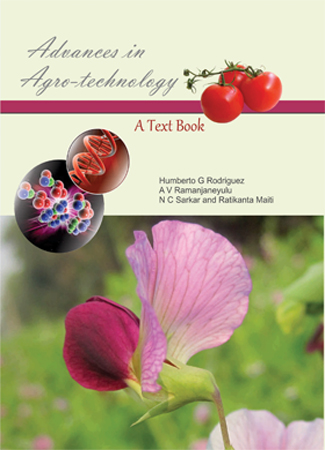
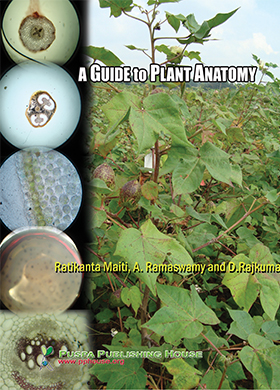

.jpg)
.jpg)


